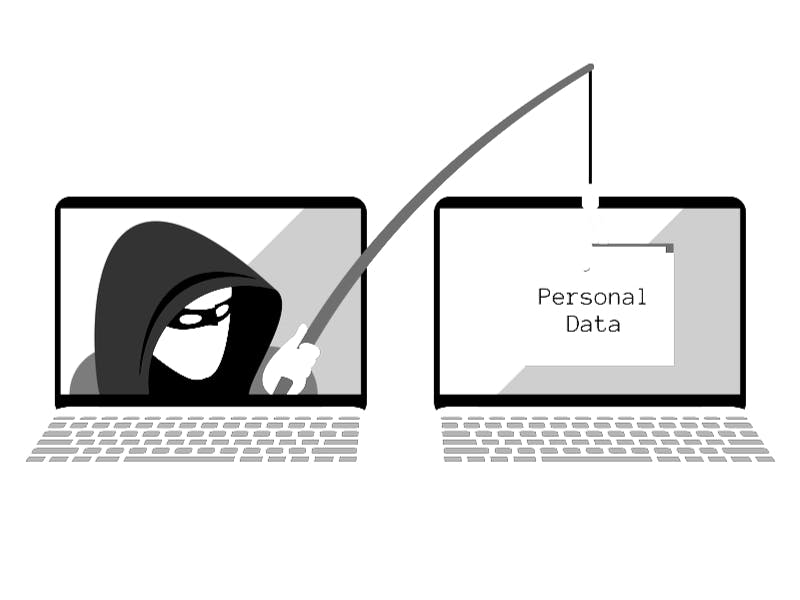Phishing, Pharming and Other Internet Scams
The common thread to these types of fraud attempts is that through online methods the criminals look to fool potential victims into doing something they should not do.
You get an email that looks like it is from your financial institution, or credit card company, or a retail store that you do business with. The email is telling you that your account needs to be reset, so visit this link and re-enter your account information, account number and password. It looks like it could be legitimate so you enter your information. Sorry to say that you have been a victim of an internet scam.
The scenario that is listed above is strictly a fictitious account, but something similar happens to millions of people every year. These kinds of internet frauds cost consumers many millions of dollars. Online scams and fraud can take many different forms. Some of the ways that criminals attempt to defraud victims include through the use of fraudulent emails, phishing, pharming, identity theft, and many more methods that scam unsuspecting victims. The common thread to these types of fraud attempts is that through online methods the criminals look to fool potential victims into doing something they should not do. These include accepting a fraudulent check and wiring money to the criminal, providing personal financial information and many other common methods to con consumers out of money.

While con men have been in business for decades, the one way to stop them is to be wary of online attempts. Consumers need to use caution when dealing with the unknown, and should check out the validity of any email or contact, before acting. We hope this information is helpful for all of our readers in being safe from online scams and fraud. Prevention is the best way to avoid being a victim, and by educating consumers about the potential dangers online, you can be safe.
Online Scams Defined
Internet Fraud Types
- Types of Internet Fraud
- Common Types of Online Fraud
- Phishing
- Pharming
- Spoofed Websites
- Identity Theft
- Email Scams
Common Online Scams
Prevention Tips
General Resources